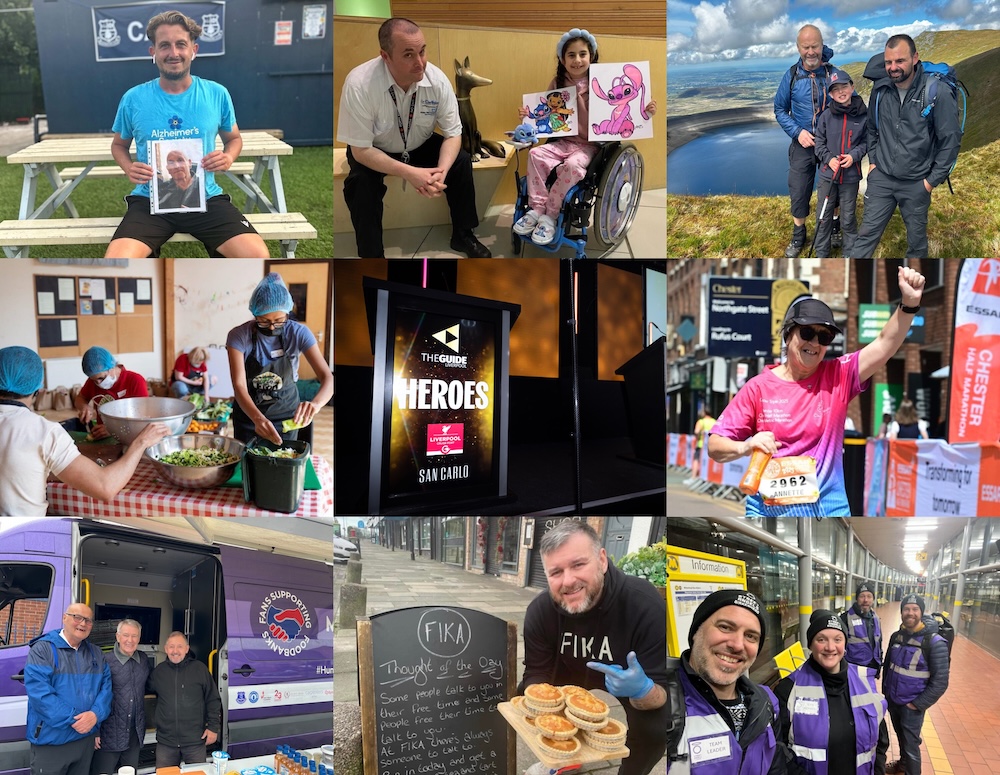
Community
Speedo Mick hopes new BBC documentary will help others be honest about addiction
4 years ago
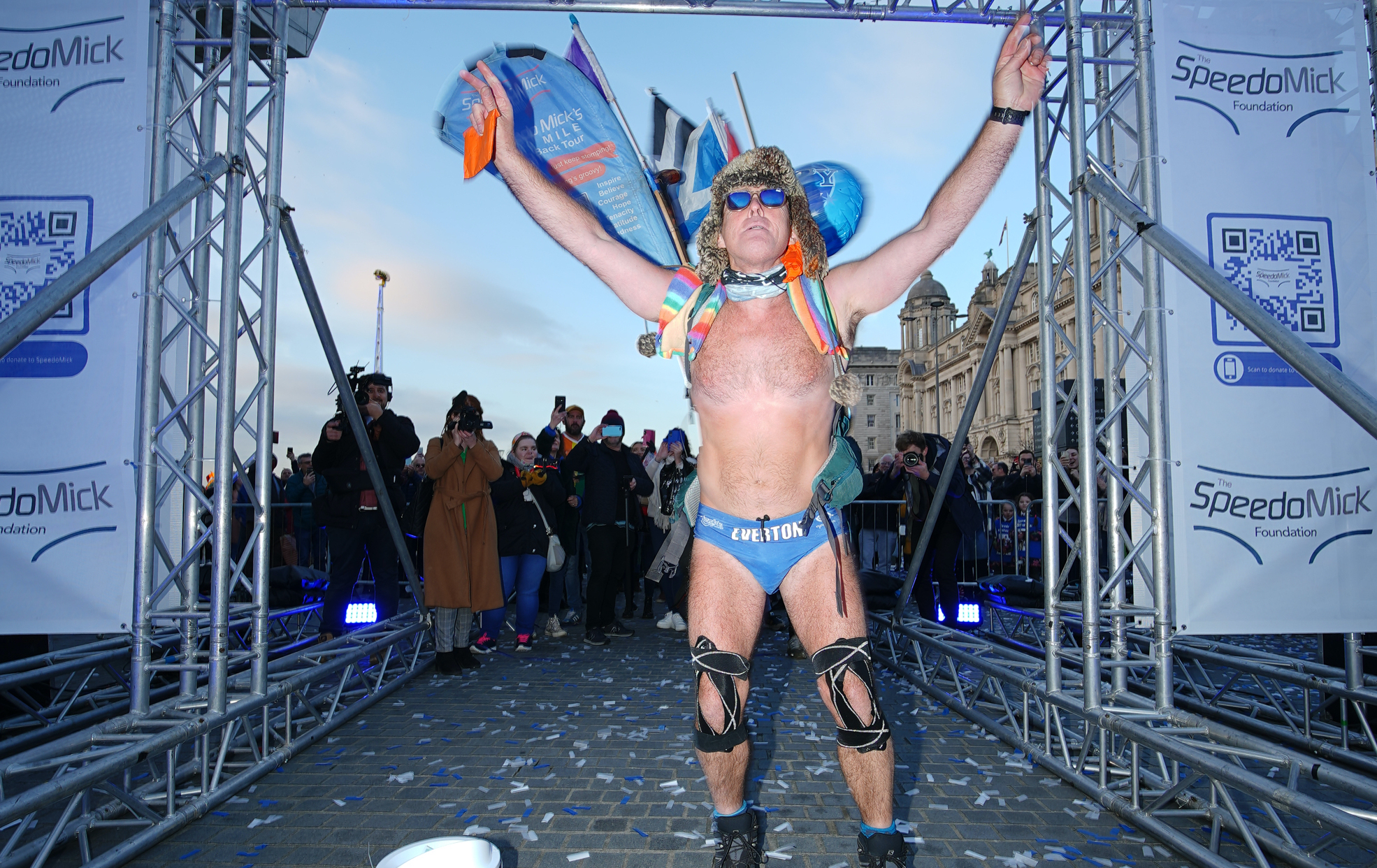
Speedo Mick says he hopes a new BBC documentary about his own addictions and struggles with mental health will help others have the courage to open up about theirs.
We Are England programme makers interviewed Mick before he set off on his marathon 2,500-mile Giving Back trek in May last year, making donations from his previous fundraising to small charities and community groups up and down the country.
In the one-off documentary, called Walking for Change, he discusses how his life hit rock bottom through drink and drug abuse and how he’s now been clean and sober for 20 years.
A camera crew also joined Mick on the five-month walk as he kept going through all weathers in his Everton trunks to reach the finishing post at Liverpool’s waterfront in December, collecting more than £200,000 for his Speedo Mick Foundation.
He wants to show how things have changed for him in the hope of inspiring other people who might be going through similar problems.
“I know from my own experience that when you see people who are in recovery or suffering from mental health get honest, it can give you the green light to get honest about your own doubts and fears.
“That’s the reason I try to be as open as I possibly can when I talk about me messing up, so other people know it’s OK to be able to talk about stuff because we’re all human, we’ve all got flaws and we all make mistakes.”
Mick says since he started doing his fundraising and sharing his story, he’s had thousands of messages from people who can relate to what he went through.
“Sometimes, when I talk to people and to family about how it used to be they’ll say, ‘oh that was years ago, you’re not like that now’, but to me it doesn’t matter. I can never ever forget where I went, what I became and what my life ended up like.
“My whole story is a disaster and also a story of hope and getting a new lease of life. It could be 50 years ago, I’ll always remember the pain and the suffering I went through every single day and how I never thought I was going to get out of that.
“That’s what gives me the lust for life now, the fact that I’m out and I use the word out because it felt like I was in a cage.
“I remember how insane it was, I couldn’t make the right decision to save my own life, I really couldn’t. Every decision I made just seemed to take me lower and lower.
“I’d lost my self-respect and my dignity, I wasn’t looking after myself – I had raggedy clothes, I was emaciated, and basically looking like death warmed up.
“I couldn’t just get dressed, iron my clothes and pretend, it was really visible. Every time I walked down the street I felt like there was a light shining on me and there was a lot of shame attached to that. I didn’t know how to fix myself and the longer it went on the more I thought I wasn’t going to get out, even though I really wanted to and I did keep on trying.”
Micks hopes the documentary will give people an understanding of why he does what he does now, telling his backstory alongside the one around his fundraising efforts.
“They came out and interviewed me before I set off and then they joined me quite a few times and did some more interviews when I was walking.
“I haven’t seen the finished version myself yet, but I think it will show the two completely different sides to my life, almost like two completely different people.
“When I was wrapped up in addiction and mental health problems all I was doing was taking. Now having the foundation and trying to help others, I’m giving back, not just taking.”

One of Speedo Mick’s supporters
He admits that he’s still nervous about people’s reactions when they find out about his past.
“It really is important for people to see the other side of me, so I’m not just this character who’s there in his knickers, dancing with people and joking around.
“But every time I speak about the past it makes me feel very vulnerable. The last thing that’s lost to addiction is the stigma, it’s the same with mental health, so I’ve still got a bit of that mindset. I do worry that people will see me on TV and think, he’s not the nice funny person we thought he was, of course I do.
“So I am very nervous, putting myself out there, but I’m also really really grateful to be in the position I’m in to be able to live my life and to help people.”



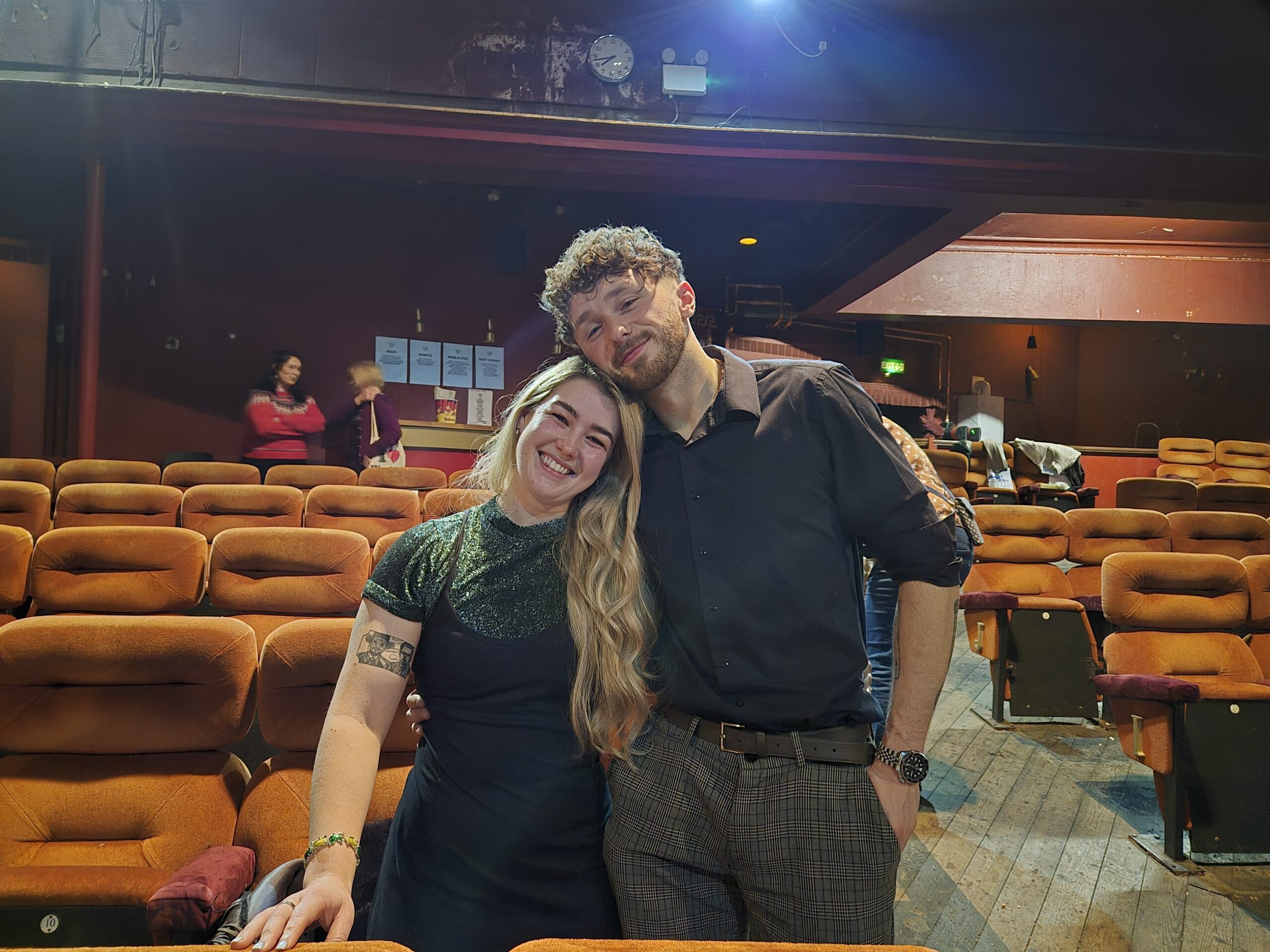
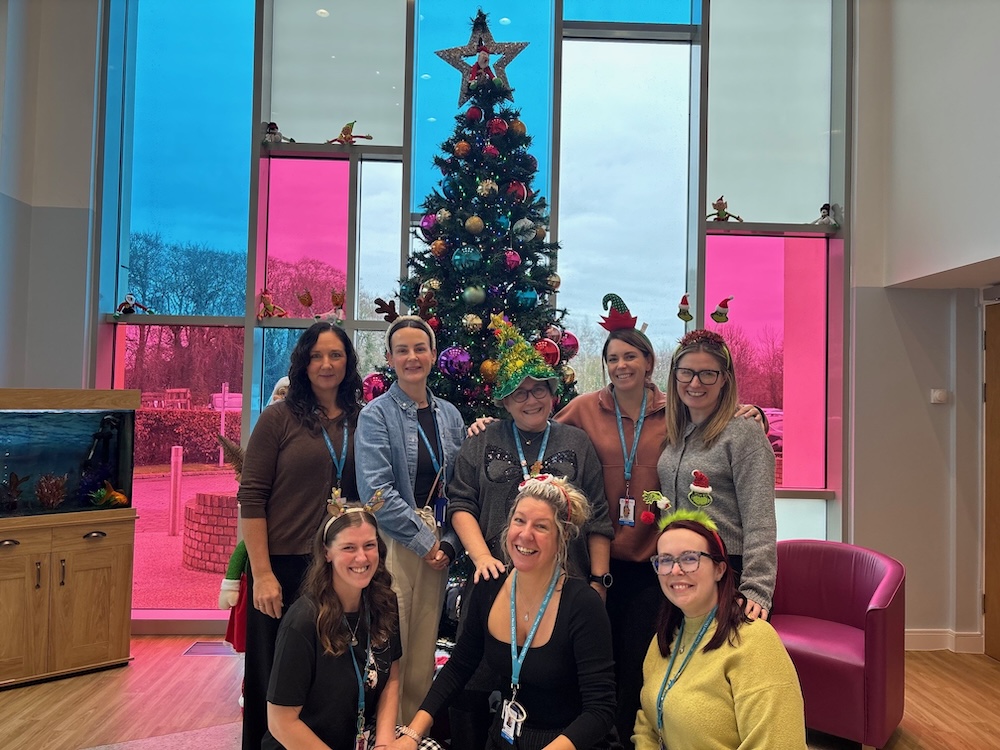
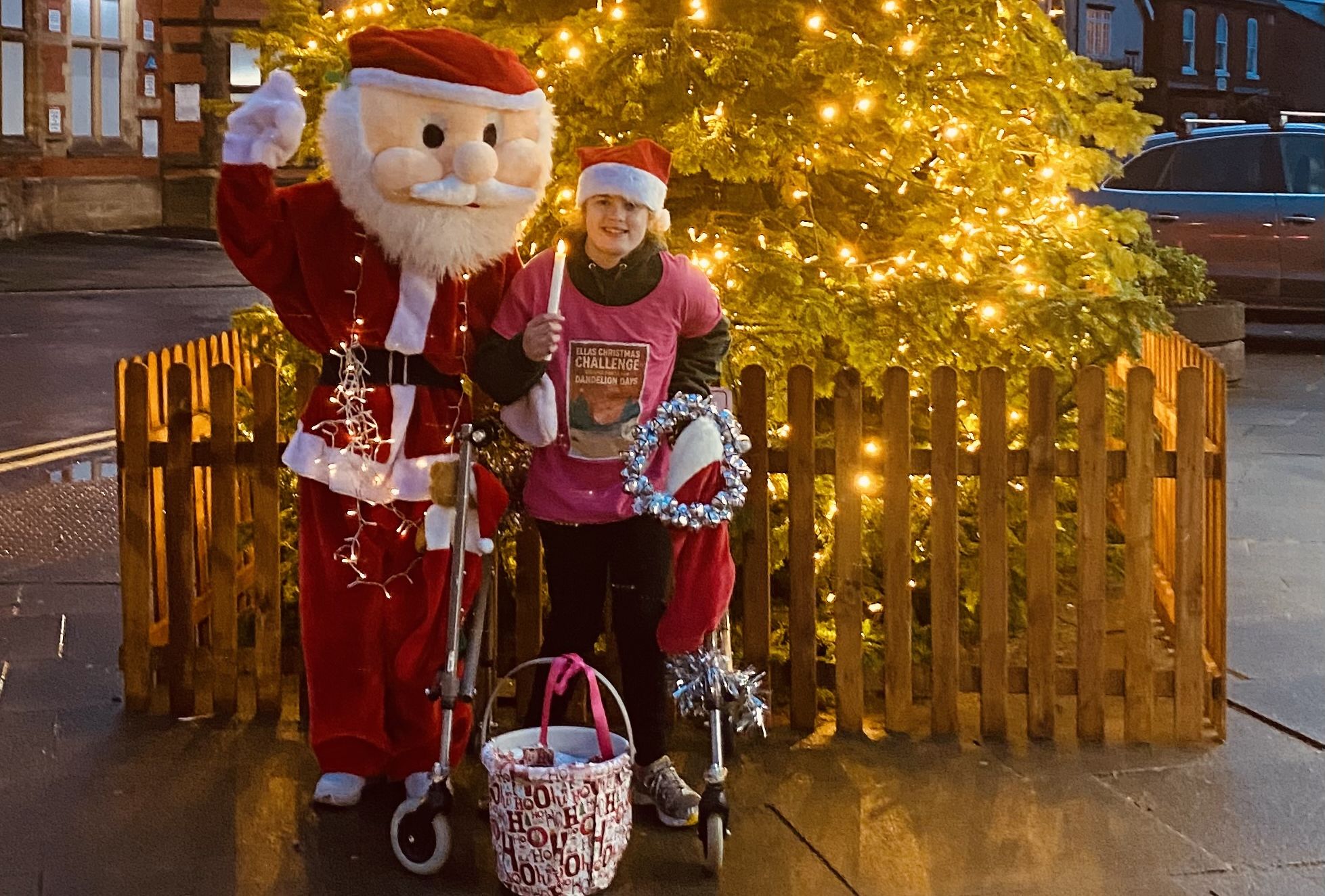
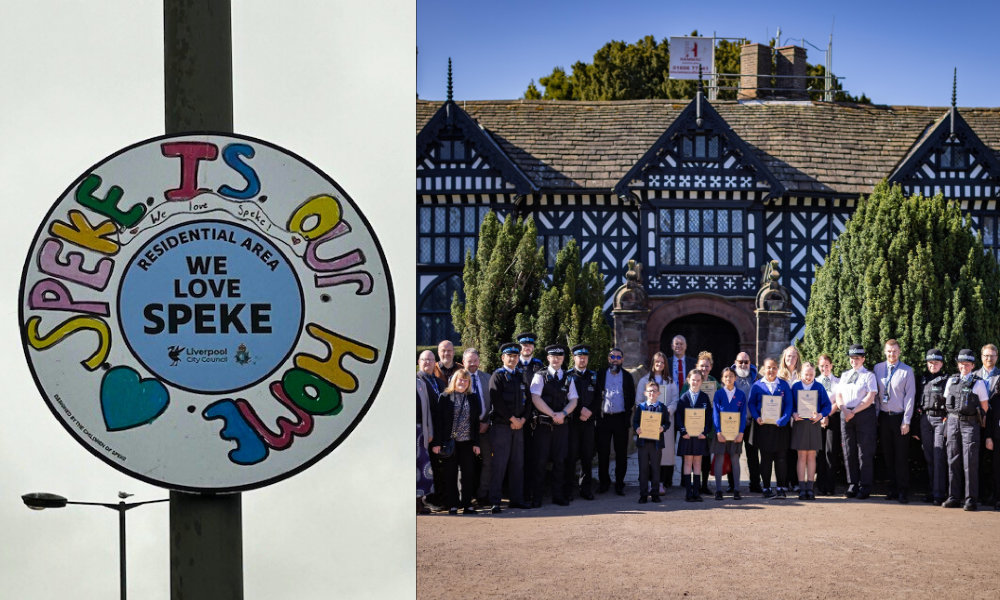
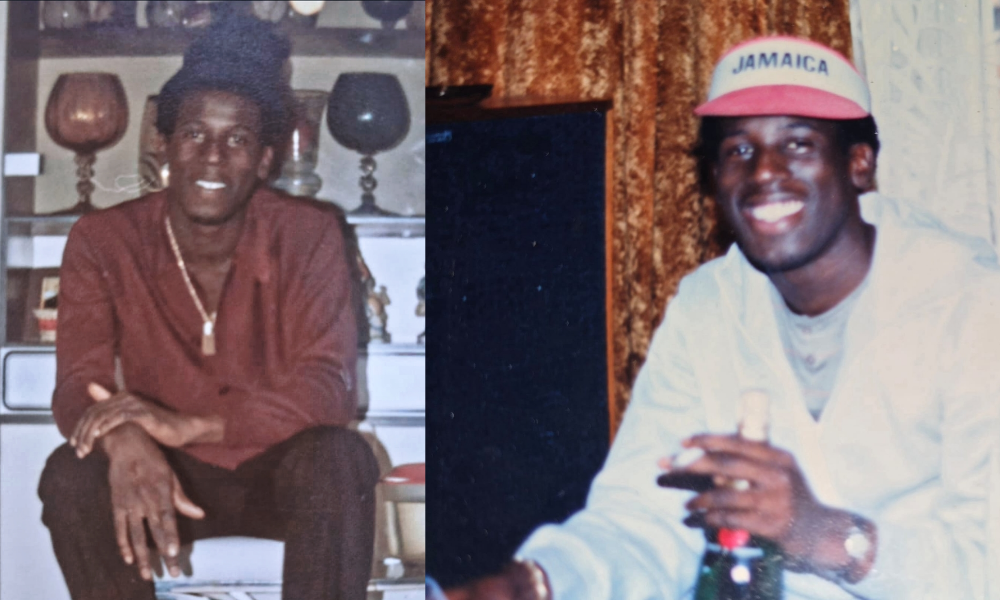
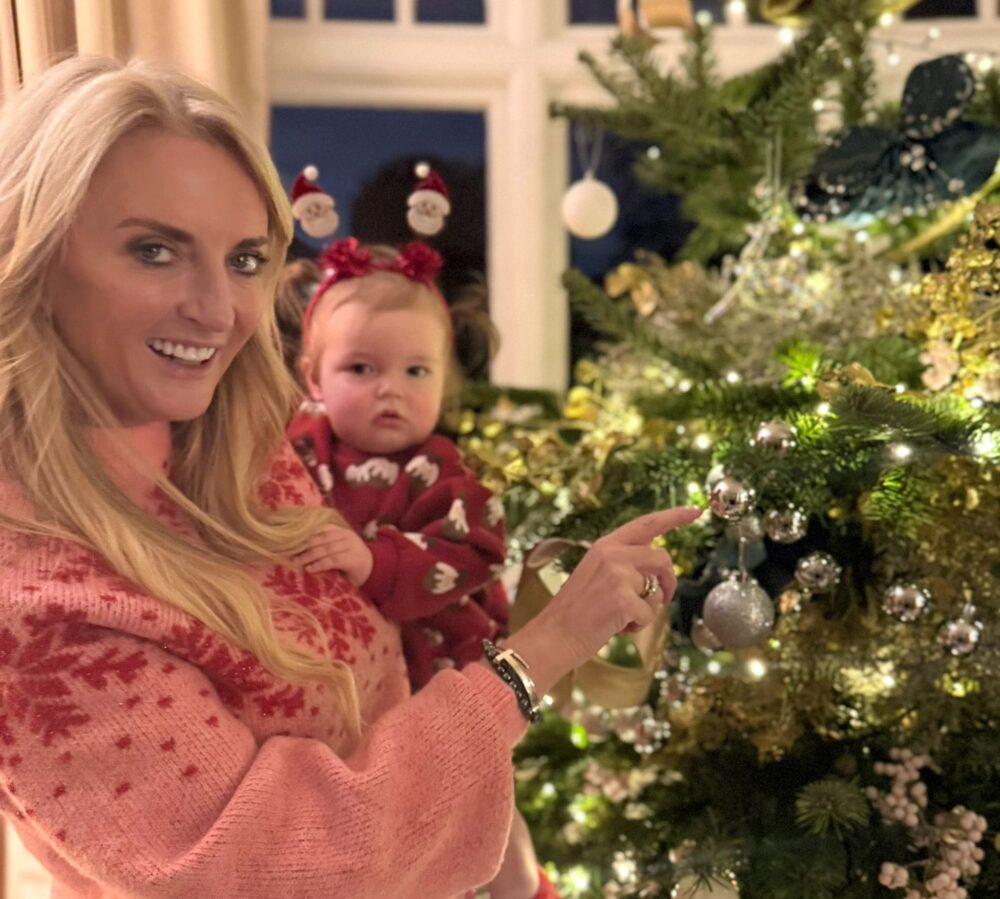
 Subscribe
Subscribe Follow Us
Follow Us Follow Us
Follow Us Follow Us
Follow Us Follow Us
Follow Us Follow Us
Follow Us











